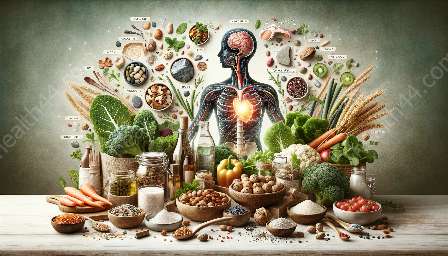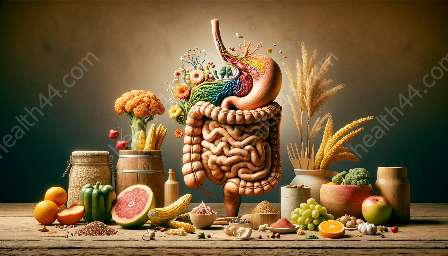Good nutrition plays a vital role in maintaining overall health and well-being. It encompasses essential nutrients, balanced diet, and healthy eating habits that contribute to the prevention of diseases and the promotion of optimal physical and mental health.
The Importance of Nutrition
Nutrition is the process of providing or obtaining the food necessary for health and growth. It is a key component in the maintenance of a healthy lifestyle and disease prevention. Proper nutrition not only ensures the fueling of the body with essential nutrients but also impacts overall physiological function, mental well-being, and energy levels.
Nutrition also plays a critical role in supporting the immune system, reducing the risk of chronic diseases, and promoting healthy growth and development in children and adolescents.
Essential Nutrients and their Functions
Nutrients are substances obtained from food that are essential for growth, development, and maintenance of the body. They can be grouped into macronutrients (carbohydrates, proteins, and fats) and micronutrients (vitamins and minerals).
Carbohydrates: These are the body's primary source of energy. They are essential for brain function and provide fuel for physical activity.
Proteins: Proteins are the building blocks of the body, essential for muscle growth, repair, and overall cellular function.
Fats: While often vilified, healthy fats are crucial for brain health, hormone production, and absorption of fat-soluble vitamins.
Vitamins and Minerals: These micronutrients play diverse roles in the body, including supporting immune function, regulating metabolism, and promoting overall well-being.
Building a Balanced Diet
A balanced diet is essential for achieving and maintaining good health. It involves consuming a variety of foods from all food groups in appropriate proportions to meet the body's nutritional needs.
Key components of a balanced diet include:
- Emphasizing fruits, vegetables, whole grains, and lean proteins
- Limiting the intake of processed foods, refined sugars, and unhealthy fats
- Adequate hydration through the consumption of water and other hydrating beverages
Healthy Eating Habits
Establishing healthy eating habits is fundamental for long-term health and well-being. These habits include:
- Eating mindfully and paying attention to hunger and fullness cues
- Eating regular, balanced meals and snacks
- Avoiding emotional eating and addressing stress-related eating patterns
- Reading food labels and making informed choices about food and beverage consumption
The Impact of Nutrition on Health
Proper nutrition has a profound impact on overall health. It can help prevent and manage various health conditions, including:
- Obesity and related conditions
- Cardiovascular diseases
- Digestive disorders
- Dental problems
- Malnutrition and nutrient deficiencies
- Mental health conditions such as depression and anxiety
Moreover, good nutrition supports optimal physical and mental function, enhances sports performance, and improves overall quality of life.
Cultivating a Healthy Relationship with Food
Developing a healthy relationship with food is essential for maintaining good nutrition and overall well-being. This includes adopting a balanced approach to food, enjoying a wide range of foods in moderation, and avoiding restrictive or fad diets.
By being mindful of our food choices, cooking and preparing nutritious meals, and understanding the impact of food on our bodies, we can cultivate a positive and sustainable relationship with food.
Seeking Professional Guidance
For individuals with specific health concerns or dietary restrictions, seeking guidance from registered dietitians or nutritionists can be beneficial in creating personalized nutrition plans that cater to their unique needs.
Conclusion
Understanding the significance of nutrition and its correlation with health is essential for making informed dietary choices and fostering a healthy lifestyle. Embracing balanced nutrition, incorporating essential nutrients, and practicing healthy eating habits are integral steps towards achieving optimal health and well-being. By prioritizing nutrition, individuals can enhance their quality of life and reduce their risk of chronic diseases, thereby ensuring a healthier and more vibrant future.



















































